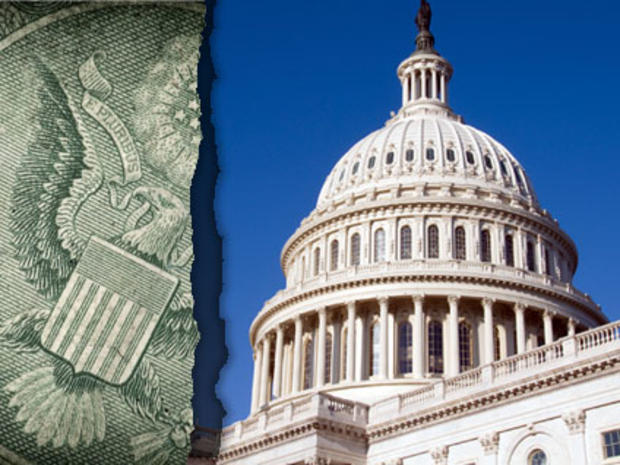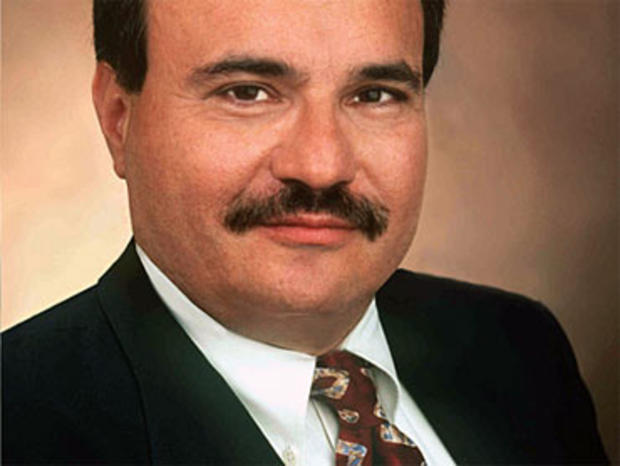Congress Faces Major Tax Decisions During Lame Duck Session
Members returning to Washington for a lame duck session of congress next week have a critical decision to make on the expiring Bush tax cuts. But Congress has left a host of other tax issues until the last minute and unless they deal with them, taxes could rise for just about everyone.
The Bush tax cuts are the biggest, and everyone who pays income taxes would see an increase if they aren't extended. That's because when they were passed in the Republican Congress in 2001, President Bush did not have enough votes to overcome a Democratic filibuster. So he got around it using a method called "reconciliation" that let the tax cuts pass with a simple majority. But because they were going to increase the deficit, they couldn't extend longer than ten years and so are now set to expire on January 1, 2011.
Those cuts were sweeping and not only included reductions in the tax rate at every income level, but a substantial lowering of capital gains taxes, an increase in the child tax credit and a modification that reversed the so-called "marriage penalty" and thus lowered taxes for married couples.
President Obama wants to extend those tax cuts for every individual earning less than $200,000 a year and families making less than $250,000 a year and allow the rates to go back up for the wealthiest two percent of Americans who make more than that.
Republicans are adamant that the lower tax rates continue for everyone and want to make them permanent. A likely compromise is a temporary extension of all the lower rates for another year or two.
But that is just the beginning.
There is also the alternative minimum tax, or AMT. When this tax was first put in, it was designed to make sure that millionaires paid some taxes, even if they had a lot of deductions. But over the years it has never been adjusted for inflation and so began applying to lots of upper middle class families it was never meant to tax. To avoid showing how big the deficit would be without it, Congress has been fixing it just one year at a time and hasn't done it this year. If that isn't done by the end of the year, more than 21-million American families will be hit with a higher tax bill.
There are also a host of smaller tax provisions that Congress likes to do one year at a time (also to hide the cost) and they are all expiring too. They include the research and development tax credit and other provisions important to businesses, and a lot of popular deductions for individuals, including college tuition, the state sales tax deduction and the ability of school teachers to take a deduction for classroom supplies they buy out of their own pocket.
And then there is the estate tax. It was part of the original Bush tax cut package too. Though it effects very few people (those inheriting more than $1,000,000) the estate tax has been completely phased out over the past ten years and is now gone entirely. But on January 1, 2011, it will return to its original 2001 level.
The government didn't set out to create an incentive for rich relatives to die, but the fact is that if a wealthy person dies on New Year's Eve of this year, his heirs inherit everything tax free. If they hang on until after the Bowl games, however, the tax will be 55 percent. This is the tax Congress is least likely to fix during the lame duck session.
Not one of these tax cuts was ever paid for with a reduction in government spending, meaning that all of them have been and continue to be financed with borrowed money. Nobody wants their taxes to go up, so the pressure on the lame duck Congress to fix these tax laws is intense and understandable. But every vote they take to do that will make the federal deficit bigger.
Bob Fuss is CBS Radio News' Capitol Hill Correspondent. You can read more of his posts in Hotsheet here.

